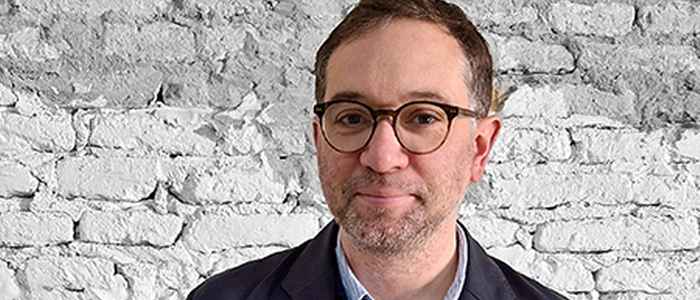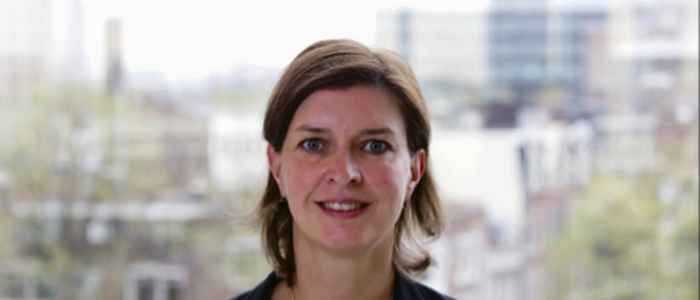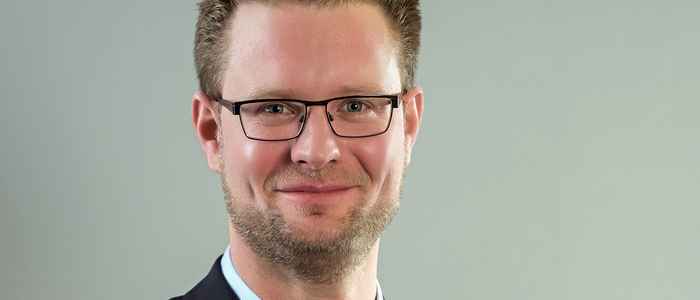Join the USP community and learn more about our grants
Are you conducting sustainability research at UvA? And would you like to be affiliated with USP and stay in touch with fellow sustainability researchers? Then join us as an associate!
Read more







